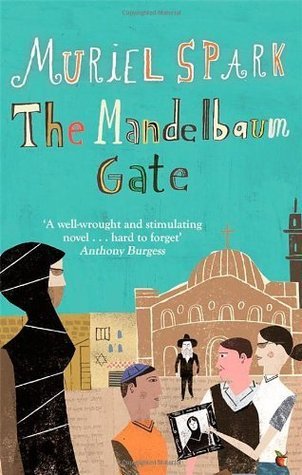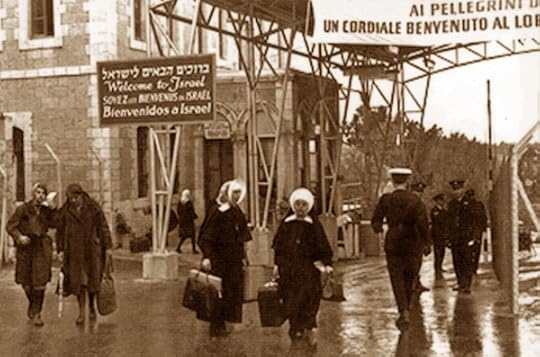What do you think?
Rate this book


400 pages, Paperback
First published January 1, 1965

My Gentile relations tried too hard to forget I was a half-Jew. My Jewish relations couldn’t forget I was half-Gentile. Actually I didn’t let them forget, either way
Michael took the words out of her hands ‘She was too possessive’, he said. And of course, when he said it, she knew this was the ultimate definition and felt relieved. Michael resembled Harry in his habit of making obvious rational comments about difficulties he did not feel were worth the trouble of analysing
He was demanding an explanation. By the long habit of her life, and by temperament, she held as a vital principle that the human mind was bound in duty to continuous acts of definition. Mystery was acceptable to her, but only under the aspect of a crown of thorns. She found no rest in mysterious truths like, 'I am who I am'; they were all right for deathbed definitions, when one's mental obligations were at an end.